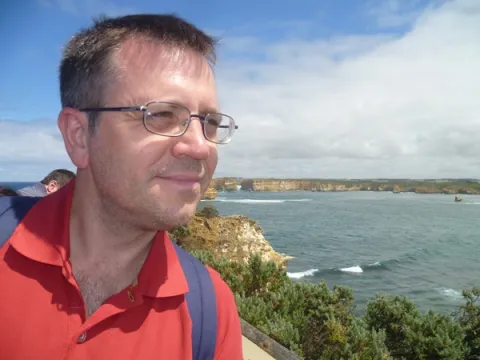About the project
This project will characterise the impacts of Sargassum degradation on deep-sea biogeochemical processes and determine the fate of products released into the environment to help evaluate the potential efficacy and effects of seaweed deposition as a marine Carbon Dioxide Removal (mCDR) technique.
Sargassum is a fast-growing seaweed that incorporates carbon from surface seawater into its tissue via photosynthesis. The deposition of this organic matter into deep sea sediments is currently the subject of substantial scientific and commercial interest as a potential mCDR approach for helping to mitigate climate change and may also be an important mechanism for enabling Caribbean islands manage huge seasonal inundations that can have negative social, economic and ecological effects [1-3]. However, despite this burgeoning interest, and the potential reliance of vulnerable coastal communities, on sinking seaweed in deep marine settings, our knowledge of the rate and consequences of Sargassum degradation in benthic settings remains extremely limited.
This project addresses those critical knowledge gaps by determining the impacts of Sargassum deposition at the SeaSINC field trial – the first assessment of its kind being conducted in the Caribbean. Geochemical analysis of sediment, porewater and seawater samples, collected from sites at 1.5km and 4.5km water depth within the Barbados EEZ, will be used to determine the rate and nature of carbon, oxygen, trace metal and nutrient release/consumption, enabling the effects of Sargassum degradation on biogeochemical processes and marine ecosystems to be evaluated over a multi-year timescale. These observations will be complemented by laboratory-based experiments and state-of-the-art ocean modelling to trace the dissolved material conveyed and dispersed by ocean currents. Collectively these findings will facilitate an evaluation of the impacts of seaweed deposition in deep marine environments and improve our understanding of the potential efficiency of the approach as a mCDR technique.
You will also be supervised by other organisations, including Dr Feifei Deng, Dr Franziska Elmer, Dr Anna Lichtschlag, and Dr Christopher Pearce (lead supervisor).
